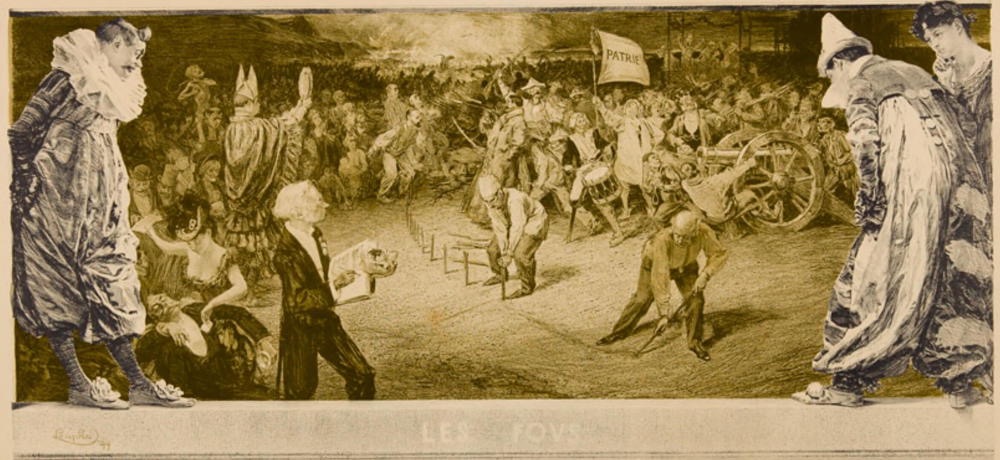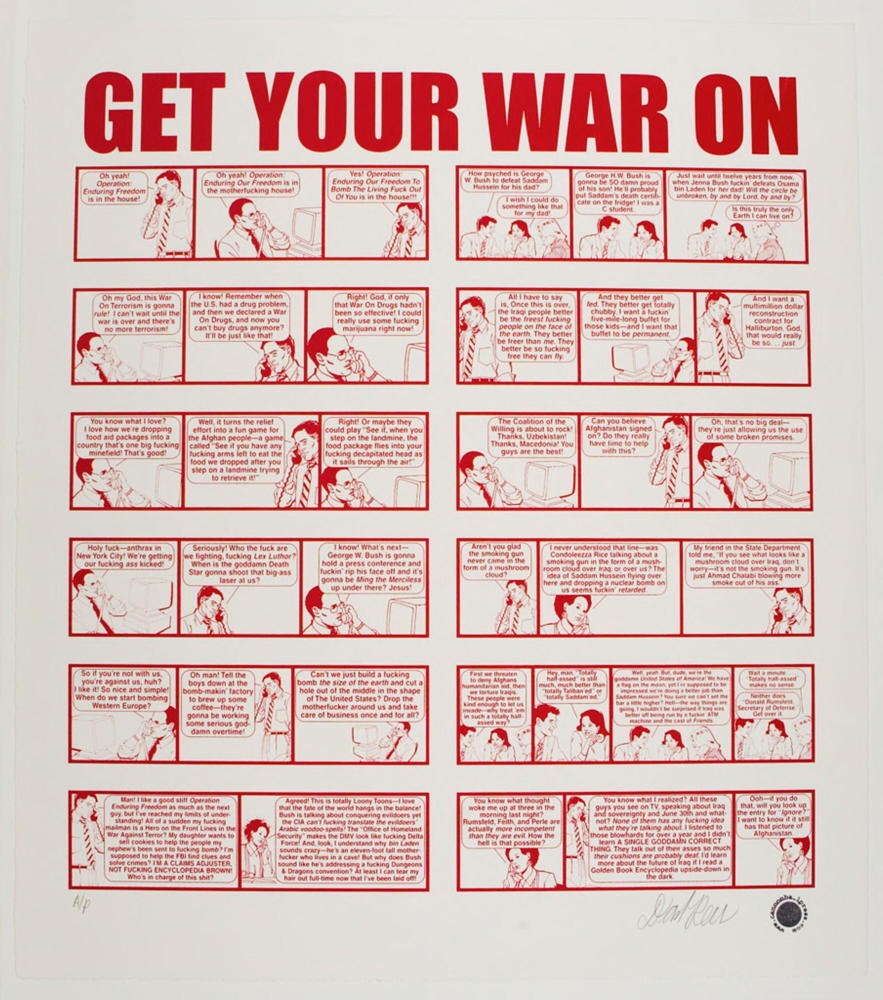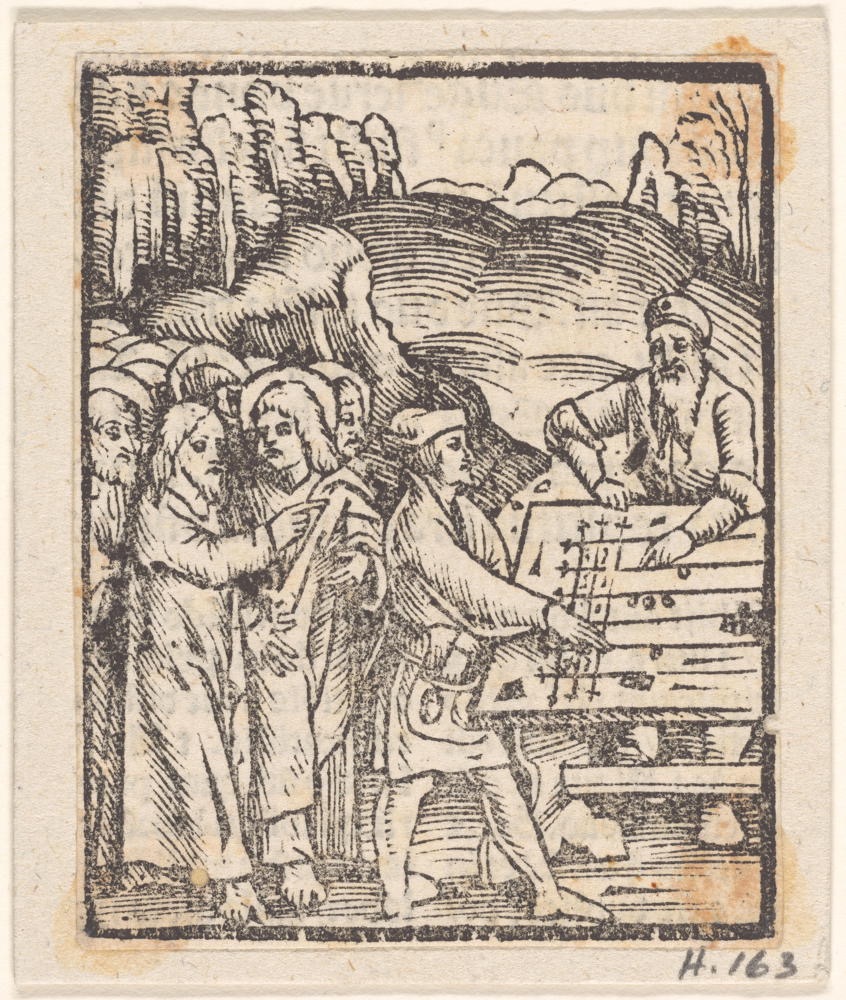Weekly Writing Summary For The Week Ending 09/11/2025

Salvator Rosa: Five River-gods (1651-1656)
Won't Miss the Weeding
The rains finally came ten days into September. I was awakened by crashing thunder, flashing lightning, and The Muse rushing around slamming windows. I barely acknowledged this long-anticipated event before slipping back into one of my more satisfying sleeps of this evaporating season. The following morning, I walked around the yard satisfied that the gardens might survive even this latest endless swelter. I have reached the age where my sample size seems adequate to reach a few conclusions. I experience summers differently now than I did when I was ten and riding my bicycle around town half naked and berry brown. What was liberating then has become encumbering, a physical and emotional challenge, a survival exercise instead of endless play. With only ten days remaining before autumn arrives, I, too, might survive this summer. I will miss reading beneath a whispering ceiling fan and the early evenings with sprinklers cooling the yard. I will definitely miss The Muse's overflowing vegetable garden, though I won't miss the weeding.
——
Weekly Writing Summary
CrazyPeople
"They possess only the strangest of strange attractors."
This FollowingChapters Story describes what I do to myself when in the presence of CrazyPeople. It's never what the crazies do to me but what I do to myself in their presence that produces the complications.
This story considers the stress and pain accompanying dealing with a family member whose issues profoundly affect me. I suspect that everyone has at least one of these bats in their belfry. We’d hardly be human without at least one. The difficulties revolve more around my own emotions and inabilities, rather than anyone else’s actions—those who remain deeply unaware and unable to acknowledge the impact of their condition or the offered help. Repeated conflict, disappointment, and chaos make it clear that maintaining distance remains necessary for my own self-preservation. Ultimately, I conclude that authentic love and caring, in this context, manifests by maintaining distance rather than proximity, because closeness only causes pain and continued misunderstanding.
František Kupka: The Crazies (1899)
—
Grieving
"They will fail, but they sure enjoy being cruel."
This FollowingChapters Story finds me Grieving a world I failed to fully appreciate before it evaporated.
This story expresses my deep frustration with current political and religious trends, condemning public displays of religiosity and the attempted merging of church and state as fundamentally immoral. I reflect on better opportunities in the past, such as affordable education and greater economic fairness, contrasting them with today’s wounded system shaped by Reagan-era policies favoring undeserving elites. I express grief over the loss of genuine aspirations for justice and equality, replaced by hypocrisy and cruelty from current leaders and their so-called conservative supporters, whom I portray as manipulative, insincere, and morally detached. I show my mournful side here, nostalgic for a past that seemed to value progress, integrity, and more authentic freedoms.
William Holman Hunt: The Triumph of the Innocents (1870-1903)
—
GettingOver
"Aspiring for the impossible never makes it happen."
This FollowingChapters Story focuses upon the irony our current incumbent never senses and the absurdity that had been helping me while GettingOver this latest instantiation of serious foolishness.
In this story, I vehemently argue that authoritarian leaders and political movements eventually devolve into self-parody and lose credibility, prompting a collective sense of relief when their influence ends. I draw parallels to past mistakes, such as the War on Terror, warning that such cycles of grand but misguided ambitions repeatedly waste resources and cause real harm. Society might memorialize these events uncritically, missing their underlying irony. I advocate for a more ironic, less earnest approach to politics and history, recognizing the absurdity and the limits of striving for utopian transformation.
David Rees: Cannonball Press Get Your War On (2004)
—
Stewarding
"My conscience should leave this season aware of my shortcomings and successes."
This FollowingChapters Story speaks to the guilt I inevitably exit summer feeling, for I once again fell short of the ideals I hold as to my Stewarding responsibilities I left unfulfilled.
Everyone holds a shared responsibility as a steward, more fundamental than any job description or act of mere ownership. Stewardship demands continuous care shaped by conscience and remains the underpinning of every civilized society. Ownership does not excuse us from our obligations; rather, it intensifies our Stewardship responsibilities. I report on my personal struggles with these duties, especially when falling short, and I see the cycle of the seasons—especially autumn—as a time for me to make amends and reset for the future, knowing stewardship could never be perfected and always remains temporary, passing from one person, one generation to the next.
Urs Graf: The Parable of the Unjust Steward (1511 - 1515) - The Miriam and Ira D. Wallach Division of Art, Prints and Photographs: Print Collection, The New York Public Library. (1511 - 1515). The Parable of the Unjust Steward Retrieved from https://digitalcollections.nypl.org/items/9dfc8bf0-a38f-0134-34b1-00505686a51c
—
Likelihoods
"It almost seems as if I disappoint myself on purpose."
This FollowingChapters Story finds me disappointing myself with my innate inability to properly interpret predictions. Anything other than a 100% Likelihood of rain here apparently means that it's probably safe to plan an outside picnic.
I express frustration with my repeated inability to correctly interpret weather forecasts, noting that anything less than a 100% likelihood seems safe to ignore. I explore how probability and likelihood often falsely suggest certainty, but in practice cover multiple possible outcomes, making predictions seem simultaneously precise and vague. I, of course, extend this argument to broader philosophical themes, equating mathematical probability with concepts of fate and even divine randomness, ultimately accepting that mathematics might be only an interpretive tool rather than an absolute truth. I conclude with a resignation, recognizing that despite formal predictions, the weather remains tenaciously unpredictable, and anticipation often leads to disappointment.
Ben Shahn: Untitled [exterior of home, probably Arkansas] (1935)
—
God-Givens
"So much for God's matchmaking skills, and others."
This FollowingChapters Story considers what constitutes God-Givens.
Senator Tim Kaine’s recent statement asserting that rights come from laws caused a backlash from conservatives, who argued that God grants certain rights, as stated by Thomas Jefferson in the Declaration of Independence. I consider how the concept of God-given rights varies with culture and history, particularly questioning whether rights like gun ownership, seen as God-given by some, actually align with principles of life, liberty, and happiness, and find them wanting. I argue that rights in the U.S. had better ultimately be established and interpreted through laws, not divinely, and that these interpretations can change over time. I acknowledge the consequences of regarding certain rights as untouchably God-given, especially considering the societal harm linked to some, like gun-related deaths, challenging the logic of attributing such rights to any higher power. `
`
Unknown Russian Artist, Tula: Flintlock Fowling Piece Given by the Empress Catherine II of Russia to the French Ambassador (1745 and 1763)
—
This writing week proved to be no less curious than even the least of its predecessors. Looking back over what I produced, I might conclude that I'm furious. This world does not seem to be as it was advertised. I might most reasonably question the advertisers, well-known and fully acknowledged liars, but, like everybody, I first blame myself. This serves as an indicator of underlying decency rather than any indictable shortcoming. In dystopian times, decency sure seems like an indictable offense, and “they” will try hard to characterize it as such. We're still fundamentally decent, despite our failure to follow the most recent injunctions. I will never believe our incumbent decent unless and until he successfully portrays himself as a Saul of Tarsus, a reformed version of the criminal he earned his reputation as.
Let's say this writing week involved its share of ranting: I began by reporting on the CrazyPeople I contend with. These rarely get advertised as an integral part of any family, yet they still exist and deeply influence. I next admitted that I had caught myself Grieving a world I failed to fully appreciate before it evaporated. I then attempted to propel myself beyond the current foolishness in GettingOver. I introduced the necessary underpinning to ownership in Stewarding. I admitted my tenacious inability to properly interpret weather forecasts in Likelihoods. I ended this curious writing week decomposing the notion of God-Givens: rights, privileges, and ownerships. Thank you for following along!
©2025 by David A. Schmaltz - all rights reserved


